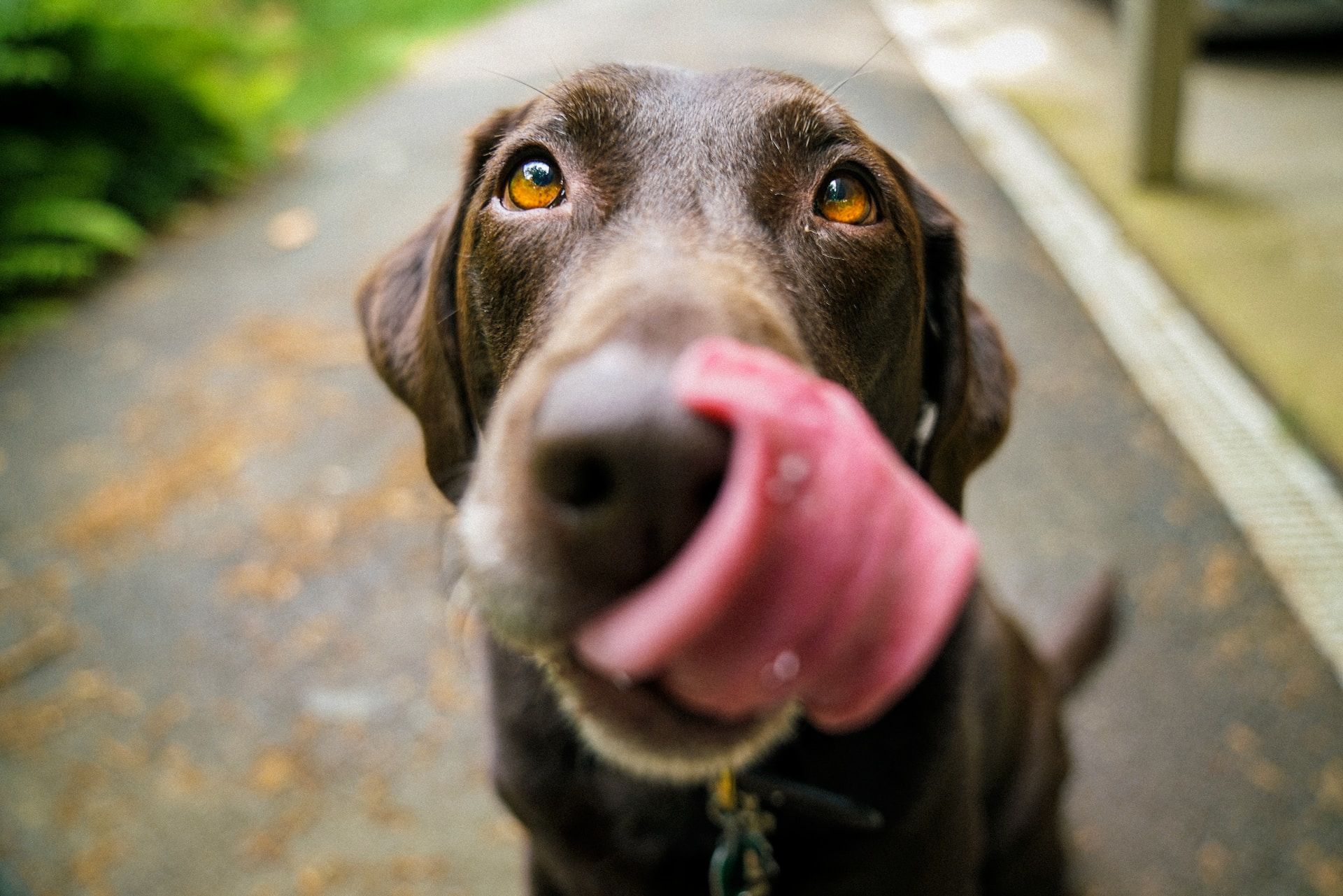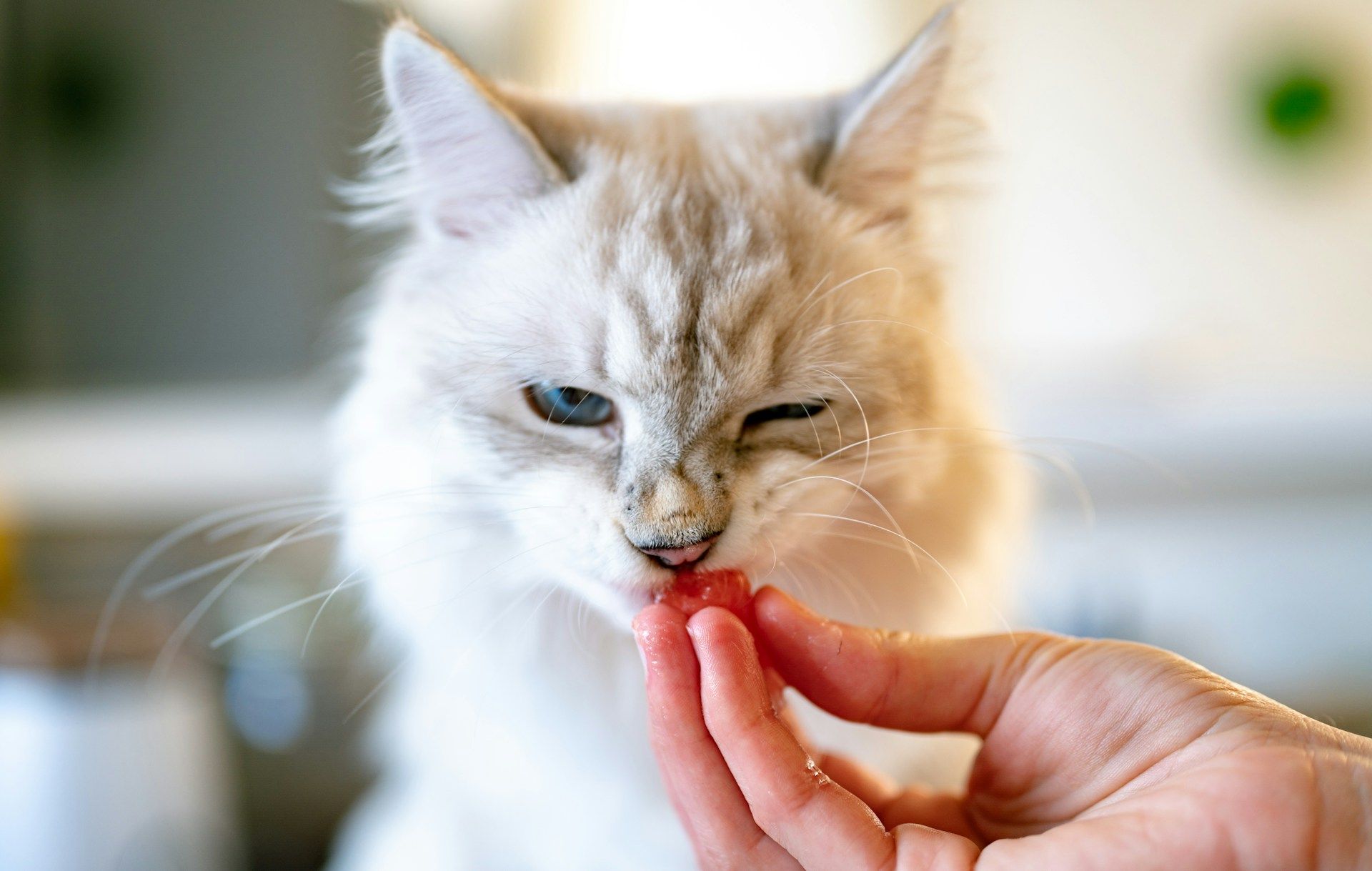
4 mins read
Can Dogs Eat Dragon Fruits? A Comprehensive Guide
Dogs are not just our furry companions but an integral part of the family. As pet parents, we want the best for them and love giving little treats. But honestly, it can be hard to say no when they look at us with puppy eyes. However, it's essential to be careful with the food we give them.
You've probably asked yourself, "Can dogs eat (insert ailment here)?". Today, we will discuss whether you can feed your dog dragon fruit. We will talk about which parts of the dragon fruit are safe for dogs and the possible harm and health benefits for them.
Dragon Fruit: An Overview
Dragon fruit, also known as pitahaya, is a tropical fruit native to Central America but now grown worldwide. It's famous for its vibrant red skin and sweet, seed-speckled pulp. There are many varieties and colors of this fruit, but here are the main ones:
Sour
White
Red
Yellow
Pink
Nutritionally, this tropical fruit is a good source of vitamins, minerals, and antioxidants, boasting considerable health benefits for humans. But does this translate to our canine companions?
Can Dogs Eat Dragon Fruits?
So, is it toxic to dogs? This sweet fruit is secure to consume and has health benefits for your dog, too. However, this doesn't mean it should become a primary aliment in their diet or replace their regular food. Offering pitahaya for the first time as a treat for your dog can be an excellent option to introduce new and exotic fruits.
The Health Benefits of Dragon Fruit For Dogs
Colorful and delicious, dragon fruit is also safe for your dog and offers many advantages. Here are some of them:
Vitamin C
Dragon fruit is rich in Vitamin C, a vital nutrient that strengthens the immune system of dogs and humans. Regular consumption of pitahaya can help support their defenses against various illnesses, ensuring they remain energetic and wholesome.
Antioxidants
The Antioxidants help reduce the risk of chronic diseases and slow the aging process, contributing to a longer, healthier life for your canine companion.
Iron and Fiber
With a significant amount of Iron and Fiber, pitahaya aids in smooth digestion and optimal gut health by absorbing the maximum nutrients from their diet. The black seeds, especially in the yellow dragon fruit, are a good laxative. Dragon fruit seeds are non-toxic to dogs, but you may want to be careful with quantity if you don't want surprises.
Omega-3 (Fatty Acid)
The fruit contains fatty acids like Omega-3, which are essential for maintaining a glossy coat, healthy skin, and supporting heart health. Additionally, these fatty acids play a vital role in cognitive development and function, making pitahaya a smart addition to your dog's diet for overall well-being.
We highly suggest visiting your veterinarian before giving dragon fruit to your pet as a supplement or a regular aliment in their diet. Please ensure it is a good option for your furry friend's health.
The Risks of Feeding Dragon Fruit to Your Dog
Whatever the colors of dragon fruit, they are not harmful to humans and dogs, but there are a few things to remember. Like us, all good things need to be in moderation!
Weight Gain
Dragon fruit contains a high dose of natural sugars. Even if your pet likes dragon fruit, too much of it can lead to unwanted weight gain and high blood sugar. You can give your dog fruit as a treat rather than a staple in their diet to avoid obesity and associated health issues.
Digestive Issues
If consumed in large quantities, pitahaya can cause digestive disturbances in some dogs. The less wanted effect can manifest as diarrhea or an upset stomach, particularly in pets with sensitive digestive systems. Moderation is key to preventing these unpleasant side effects.
 How to Feed Your Pup Dragon Fruit
How to Feed Your Pup Dragon Fruit
Introducing pitahaya into your dog's diet should be done carefully. This tropical fruit, while beneficial, is best served in small quantities to avoid any unfavorable effects. Here are some tips to help you safely incorporate dragon fruit into your pet's meals:
Start Small: Cut the dragon fruit into small pieces to see how they react. This initial taste test will help you determine if they like the fruit and if their stomach handles it well.
Remove the Skin: Always peel the skin of the dragon fruit before giving it to your dog. The skin is not edible, can be hard to digest, and may pose a choking hazard.
Moderation is Key: Pitahaya should be given as a treat, not as a staple in your dog's diet.
Observe Your Dog: After feeding your pup the fruit flesh, watch them for any signs of digestive distress, such as diarrhea or vomiting. While this exotic fruit is safe for your dog to eat, animals have a different tolerance. Stop feeding them the fruit and consult your veterinarian if any adverse reactions occur.
Mix it with Their Regular Food: Consider mixing small pieces of dragon fruit flesh into your dog's regular food for a more balanced approach. This can enhance the nutritional value of their meal while keeping the fruit's quantity in check.
Avoid Processed Forms: Stick to fresh pitahaya. Avoid feeding your dog canned or processed versions, which may contain added sugars or preservatives that are not healthy for them.
Credit to Timo The Corgi ASMR
Conclusion: Is Dragon Fruit Safe for Dogs?
In conclusion, your dog can eat dragon fruit safely and it's much of a good thing! Keeping your dog fit and healthy with a shiny skin and coat is easy with a delicious fruit. It's packed with vitamins, antioxidants, and other beneficial nutrients that can positively affect your pet's health.
Introducing dragon fruit in moderation into your pup's diet can be a good addition.
However, as with any treat, the fruit may cause potential risks, such as weight gain and digestive problems, especially in pets with sensitive stomachs. You can safely incorporate only the flesh of the fruit and remember that they can also eat dragon fruit seed; it causes no issues in dogs and humans except for the laxative effect.
Every dog is unique, and what works for one may not suit another. Therefore, consulting your veterinarian before significantly changing your animal's diet is always advisable. Keep your dog happy and healthy!


